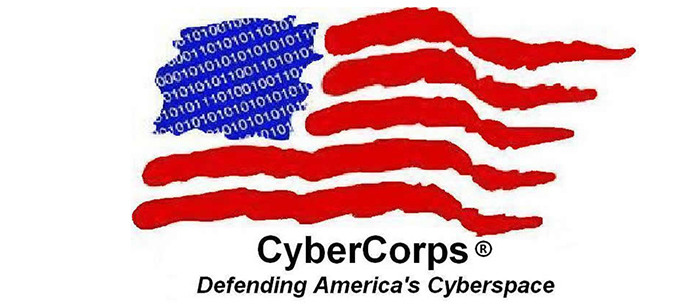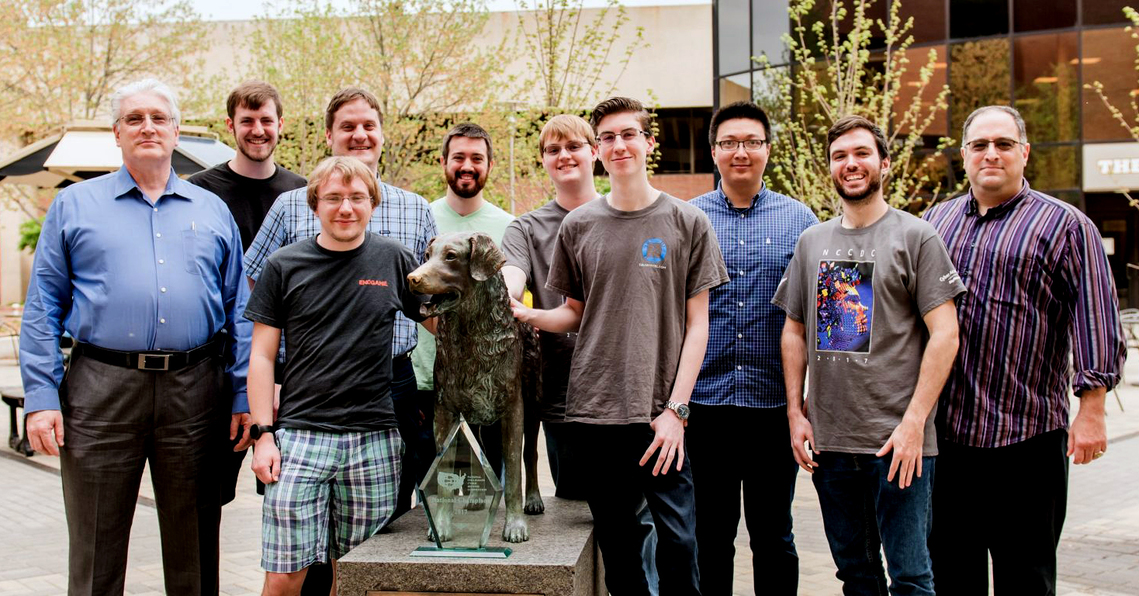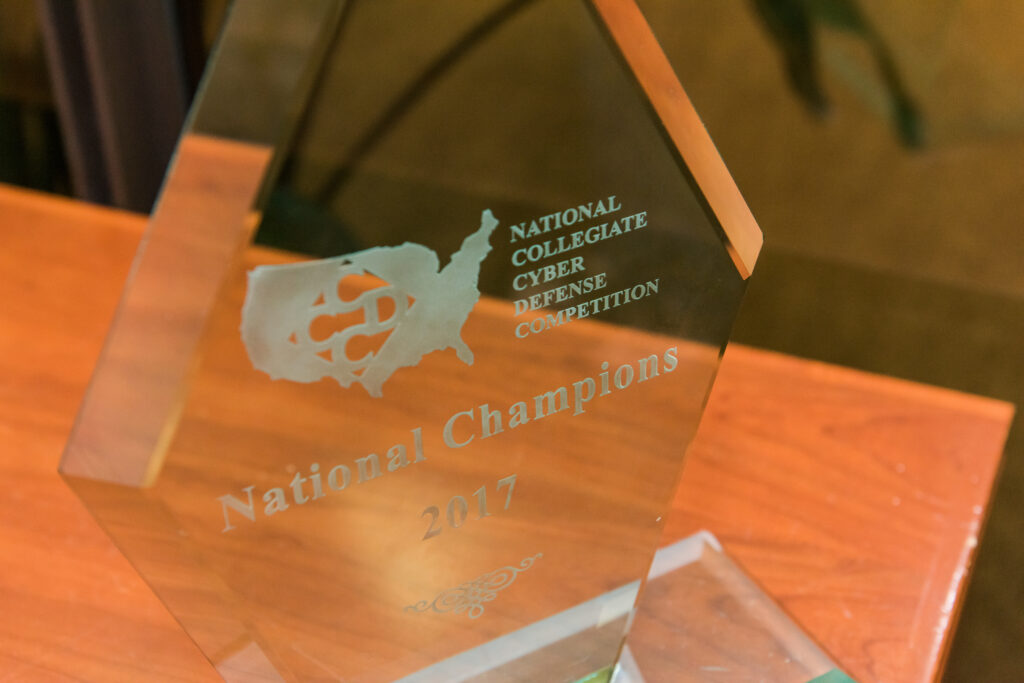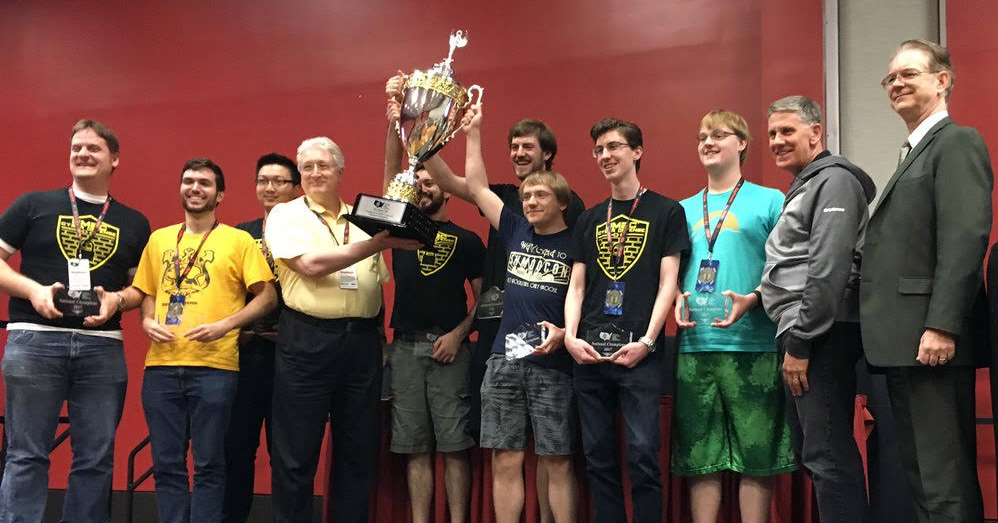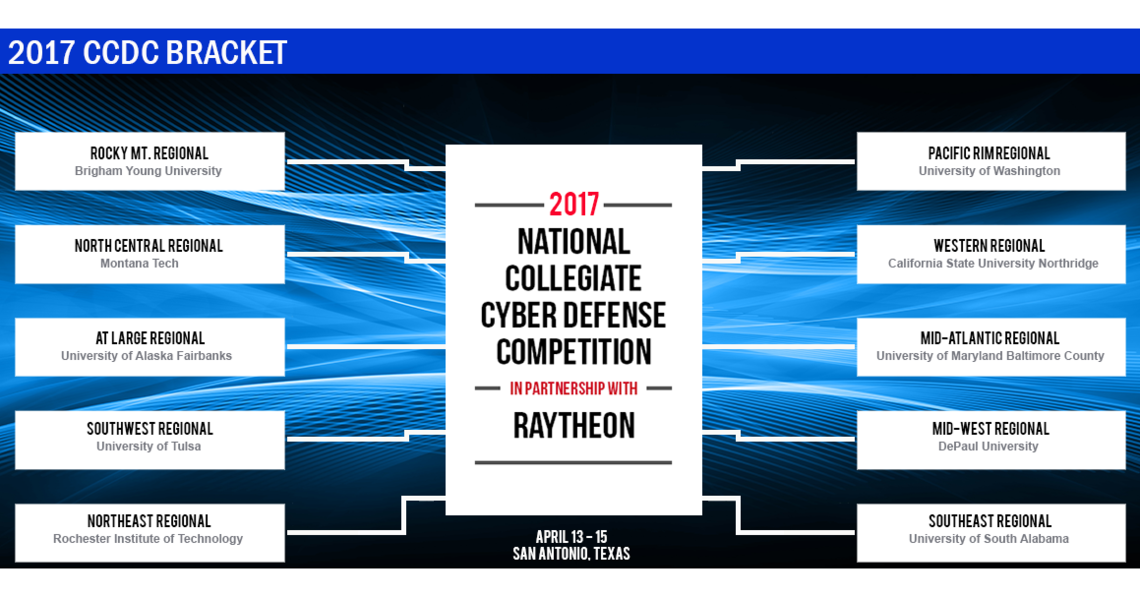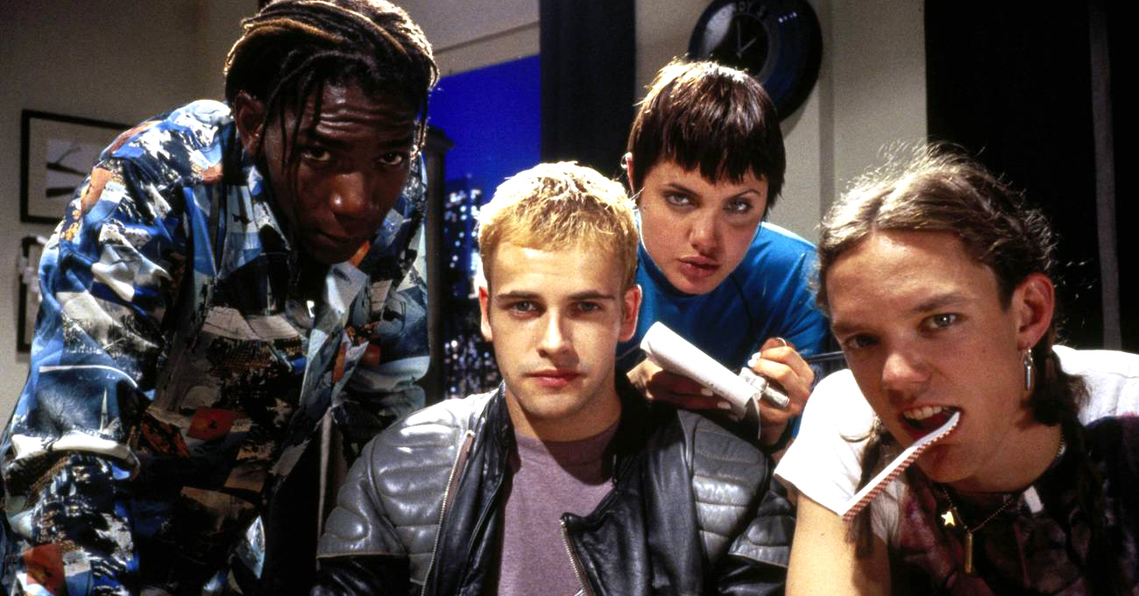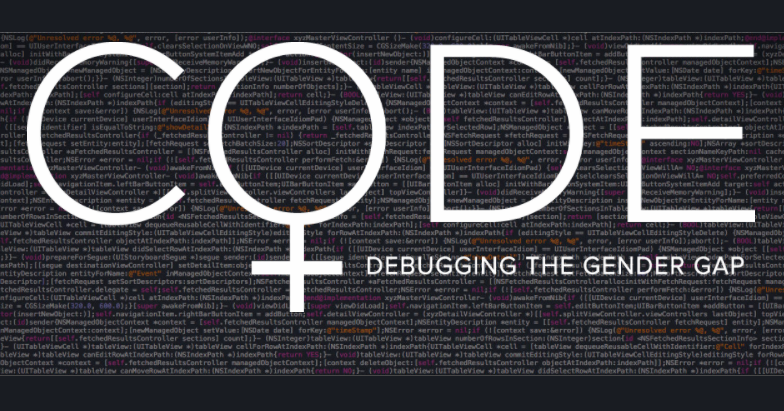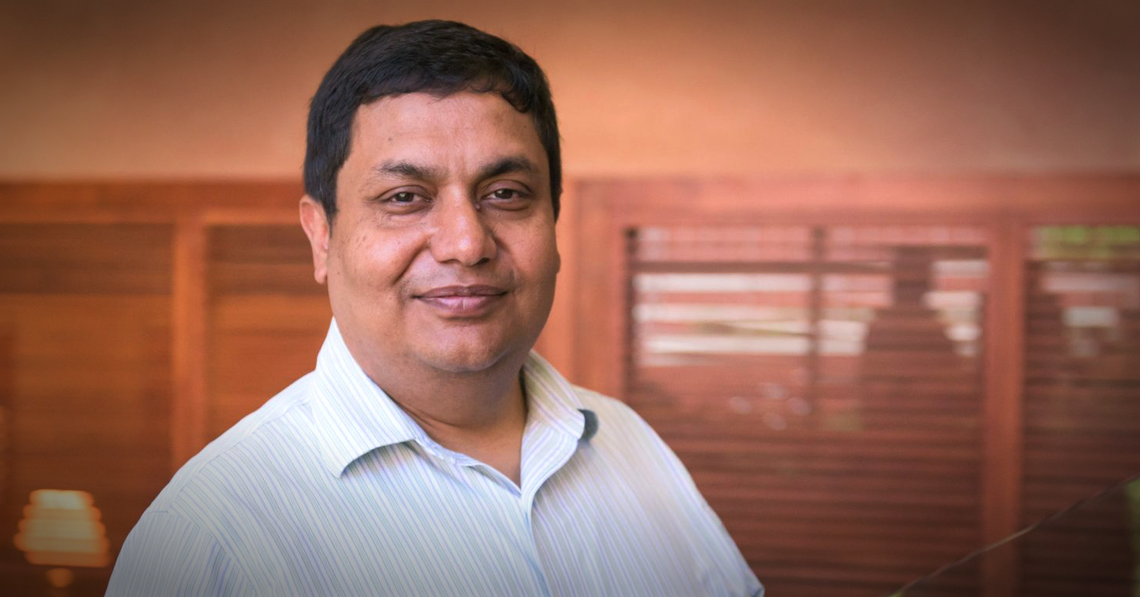
The Central Intelligence Agency’s latest leak is the most recent major hack exposing information that could possibly compromise national security. In The Conversation, Anupam Joshi and Rick Forno, explain that this hack is a reminder of how cyberdefense strategies must be continually improved to ensure sensitive information is protected.
Joshi is a professor and chair of the department of computer science and electrical engineering and director of UMBC’s Center for Cybersecurity, and Forno is the assistant director of the UMBC Center for Cybersecurity and director of UMBC’s graduate program in cybersecurity. Their latest article has been republished by media across the globe and has been read more than 20,000 times.
“This round of leaks, of documents dating from 2013 to 2016,…reinforces perhaps the most troubling piece of information we already know: Individuals and the government itself must step up cyberdefense efforts to protect sensitive information,” write Joshi and Forno.
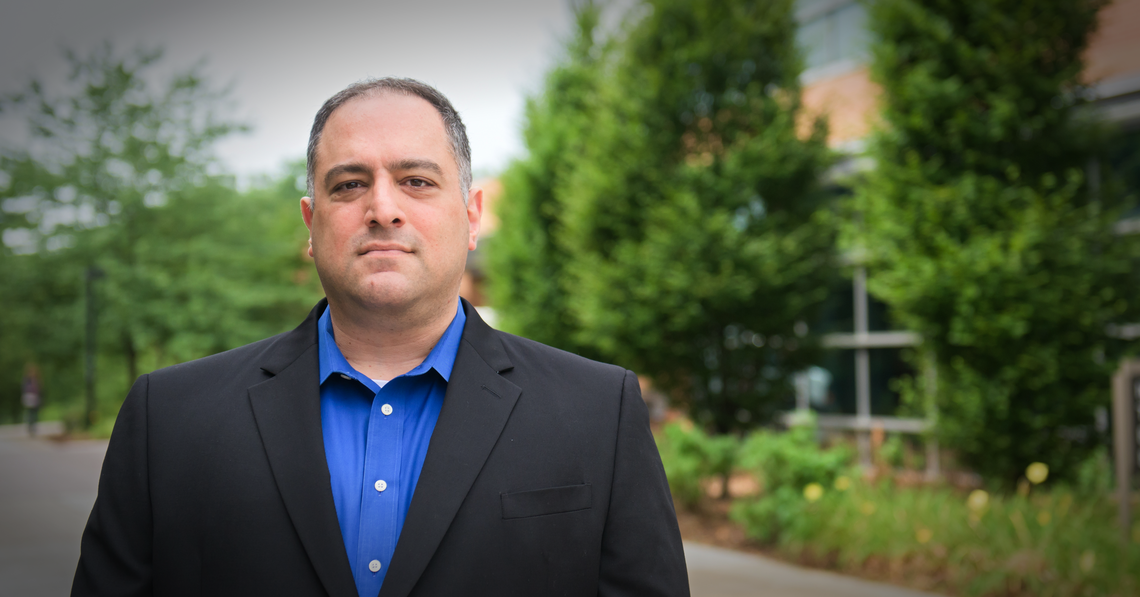
They ask readers to consider the risk to security and privacy compared with the benefits and convenience of modern technologies. “As citizens, we must decide what level of risk we — as a nation, a society and as individuals — are willing to face when using internet-connected products.”
Any electronic device connected to the internet is susceptible to a cyber attack, Joshi and Forno go on to explain, noting, “It’s not necessarily a good idea to have always-on and network-enabled microphones or cameras in every room of the house.”
Joshi also spoke with CBS Baltimore about how hacks can impact technologies consumers use every day, such as cars that now feature high tech navigation and entertainment systems. “The more electronic gizmos you have in your car, the newer the car you have, the more you’re connected to the network with your car, the greater the probability something can be done to your car,” he explained. Still, he noted, a hacker would need to have advanced technical knowledge and, likely, close proximity to the car to carry out such an attack.
To ensure that sensitive information is protected, Joshi and Forno say that focusing on “the mundane tasks of cyberdefense” is essential to maintaining security for everyone, from government to individuals, although they emphasize that no internet-connected technologies are immune to cyber hacks. Ultimately, they write, “Keeping others out of key systems is crucial to American national security, and to the proper function of our government, military and civilian systems.”
Read the full article in The Conversation, and watch the complete interview on CBS Baltimore. Adapted from an article in UMBC News.
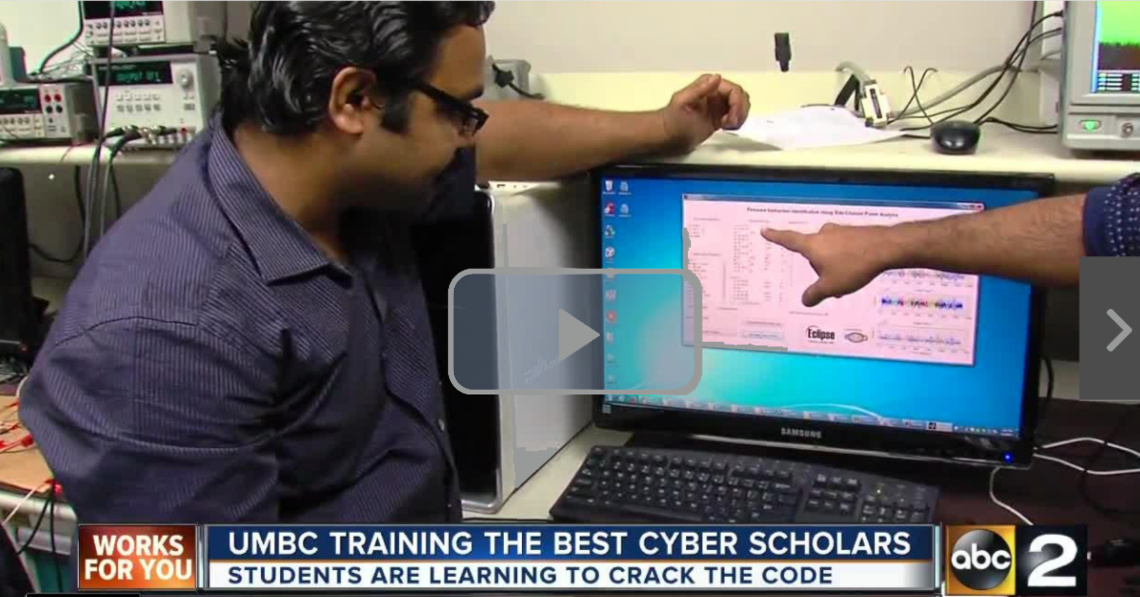 Students at UMBC are learning how to hack into systems and prevent attacks. They study hardwarre, software and the tools in between.
Students at UMBC are learning how to hack into systems and prevent attacks. They study hardwarre, software and the tools in between.